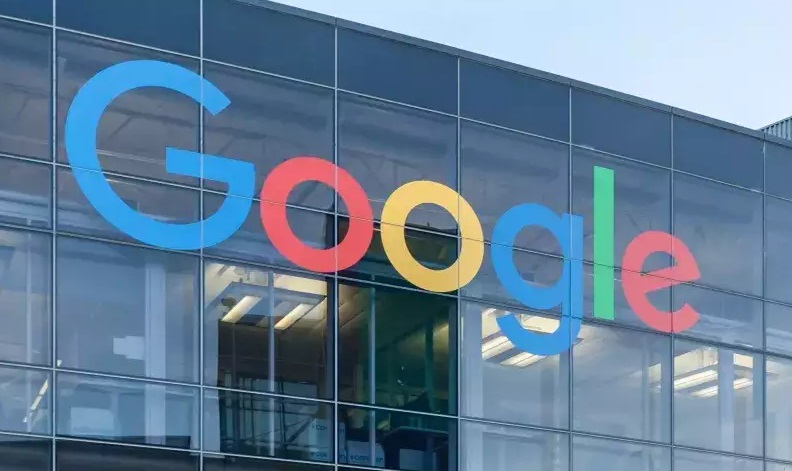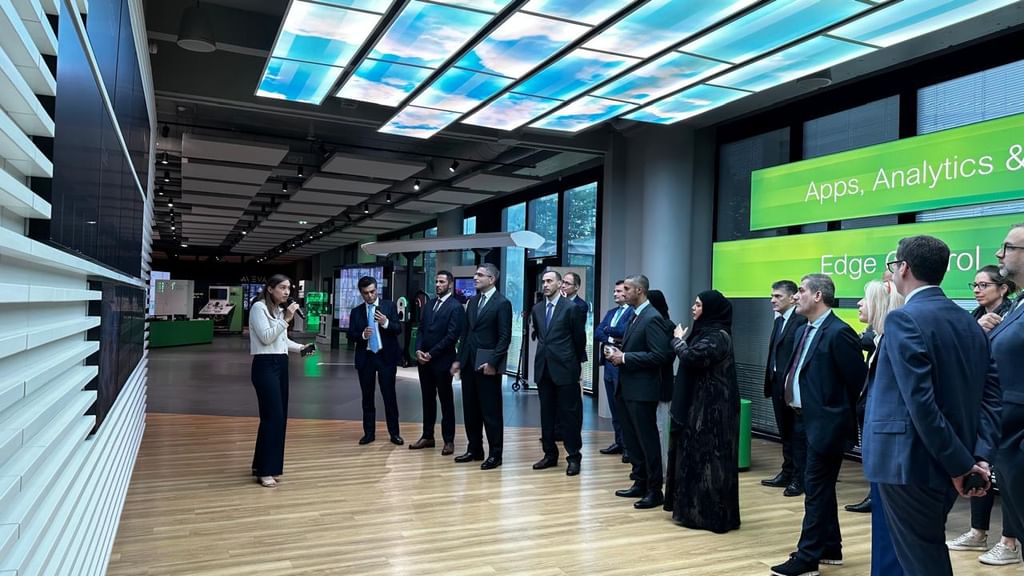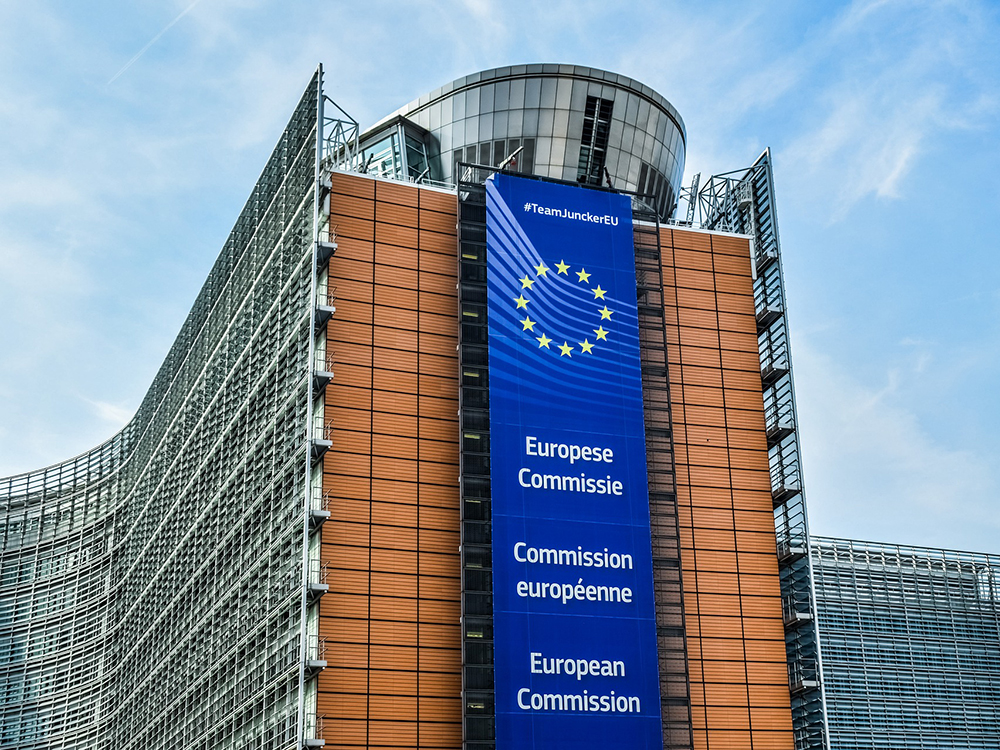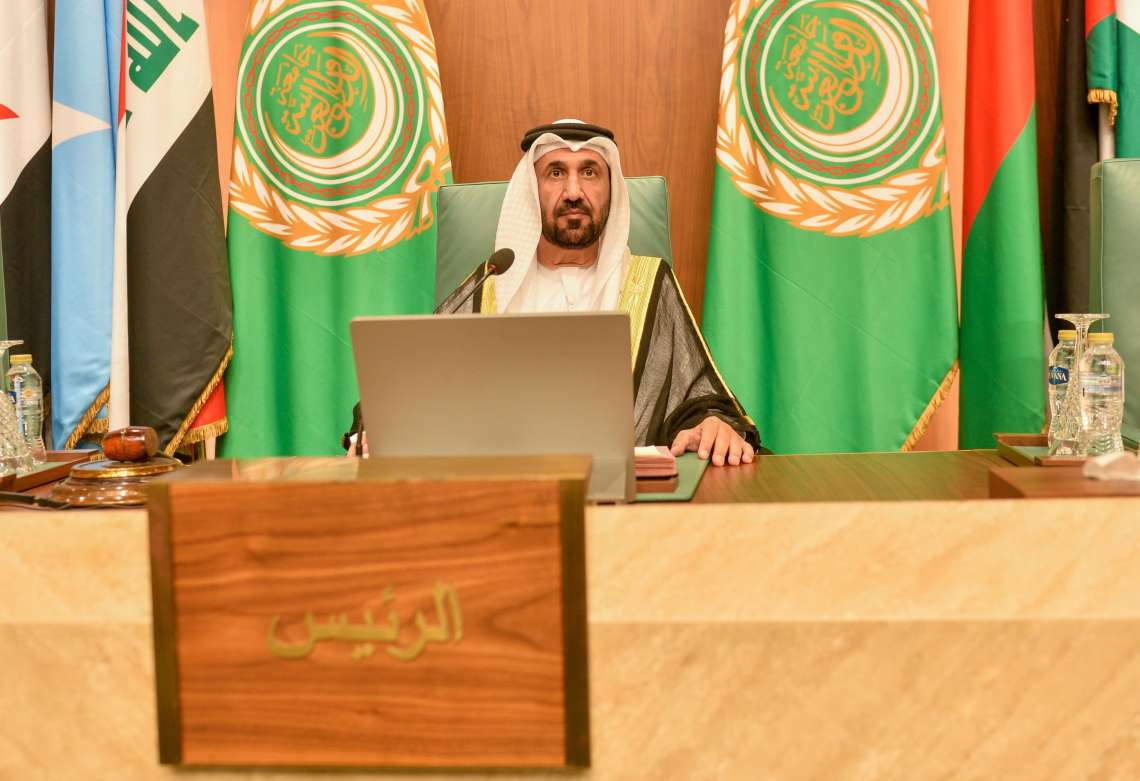All advertisers who wish to run election ads in the EU on Google platforms are required to go through a verification process and have an in-ad disclosure that clearly shows who paid for the ad…reports Asian Lite News
Google has announced to support the European parliamentary elections by surfacing high-quality information to voters, safeguarding its platforms from abuse and equipping campaigns with the best-in-class security tools and training.
On June 6-9, voters across the 27 member states of the European Union will take to the polls to elect Members of European Parliament (MEPs).
“Across our efforts, we’ll have an increased focus on the role of artificial intelligence (AI) and the part it can play in the misinformation landscape — while also leveraging AI models to augment our abuse-fighting efforts,” said Annette Kroeber-Riel, Vice President, Government Affairs and Public Policy for Europe.
In the coming months, when people search for topics like ‘how to vote,’ they will find details about how they can vote — such as ID requirements, registration, voting deadlines, voting abroad and guidance for different means of voting, like in person or via mail
“We’re collaborating with the European Parliament which aggregates information from Electoral Commissions and authorities in the 27 EU member states,” said Google.
All advertisers who wish to run election ads in the EU on Google platforms are required to go through a verification process and have an in-ad disclosure that clearly shows who paid for the ad.
“These ads are published in our Political Ads Transparency Report, where anyone can look up information such as how much was spent and where it was shown. We also limit how advertisers can target election ads,” the company informed.
The company said that to help enforce its policies, AI models are enhancing abuse-fighting efforts. “With recent advances in our Large Language Models (LLMs), we’re building faster and more adaptable enforcement systems that enable us to remain nimble and take action even more quickly when new threats emerge,” Google said.
Like any emerging technology, AI presents new opportunities as well as challenges. For example, generative AI makes it easier than ever to create new content, but it can also raise questions about trustworthiness of information, like “deepfakes.”
“We have policies across our products and services that address misinformation and disinformation in the context of AI,” Google added.
Google joins coalition to bring transparency to digital content
The Coalition for Content Provenance and Authenticity (C2PA), a global standards body advancing transparency online through certifying the provenance of digital content, on Friday announced that Google has joined as a steering committee member and support Content Credentials to bring transparency to digital content in the AI era.
Google will collaborate with other steering committee members like Adobe, BBC, Intel, Microsoft, Publicis Groupe, Sony, and Truepic to develop the technical standard for Content Credentials.
Content Credentials is the C2PA’s technical standard for tamper-resistant metadata that can be attached to digital content, showing how and when the content was created or modified.
“In the critical context of this year’s global elections where the threat of misinformation looms larger than ever, the urgency to increase trust in the digital ecosystem has never been more pressing,” Dana Rao, General Counsel and Chief Trust Officer, Adobe and Co-founder of the C2PA, said in a statement.
“Google’s membership will help accelerate the adoption of Content Credentials everywhere, from content creation to consumption,” he added.
Additionally, Google’s participation, which includes YouTube, will help increase awareness of Content Credentials as a key resource to help people understand the content they’re viewing and trust the digital ecosystem.
“At Google, a critical part of our responsible approach to AI involves working with others in the industry to help increase transparency around digital content,” said Laurie Richardson, VP of Trust and Safety at Google.
“It builds on our work in this space — including Google DeepMind’s SynthID, Search’s About this Image and YouTube’s labels denoting content that is altered or synthetic — to provide important context to people, helping them make more informed decisions,” she added.
Content Credentials are essentially a “nutrition label” for digital content — showing when a piece of content is created and modified.
Content Credentials are free, open-source technology leveraging the C2PA open technical standard that anyone can incorporate into their own products and platforms.
ALSO READ-NATO chief calls on Europe to ramp up arms production













